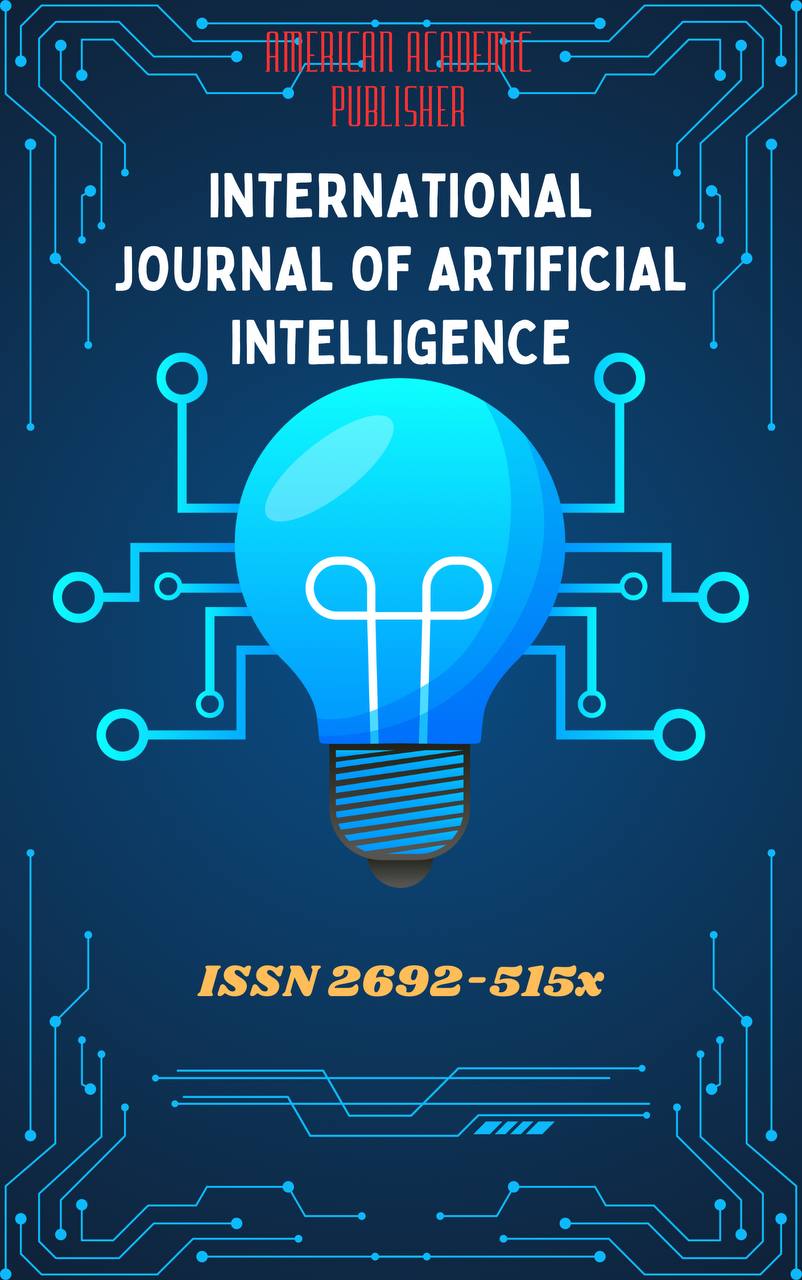 Articles
| Open Access |
Articles
| Open Access | THE PROBLEM OF DEVELOPING PROFESSIONAL COMPETENCE IN FUTURE TOURISM SPECIALISTS IN THE PROCESS OF LEARNING ENGLISH IN SCIENTIFIC AND METHODOLOGICAL LITERATURE
Abdurasulova Nilufar Abdusalim kizi , Uzbekistan state world languages universityAbstract
This article explores the issue of developing professional competence in future tourism specialists through English language instruction, as examined in scientific and methodological literature. The relevance of integrating language learning with professional training is emphasized, given the global nature of the tourism industry. The article reviews theoretical foundations, teaching strategies, and practical approaches that contribute to the formation of communicative, intercultural, and industry-specific skills in tourism students. It also highlights the importance of aligning English language instruction with professional standards to ensure competitiveness in the international labor market.
Keywords
Tourism education, professional competence, English for Specific Purposes (ESP), communicative skills, intercultural communication, language instruction, tourism specialists.
References
Dudley-Evans, T., & St John, M. J. (1998). Developments in English for Specific Purposes: A multi-disciplinary approach. Cambridge University Press.
Richards, J. C. (2006). Communicative Language Teaching Today. Cambridge University Press.
Hutchinson, T., & Waters, A. (1987). English for Specific Purposes: A learning-centred approach. Cambridge University Press.
Kozak, M., & Baloglu, S. (2011). Managing and Marketing Tourist Destinations: Strategies to gain a competitive edge. Routledge.
Gorbunova, N. V. (2018). Professional competence formation in tourism students through foreign language learning. Journal of Language and Education, 4(2), 35–42.
Crystal, D. (2003). English as a Global Language (2nd ed.). Cambridge University Press.
Seidel, R., & Chicharro, M. (2013). English for International Tourism. Pearson Education.
Makarova, E. A. (2015). Integration of English for Specific Purposes in the training of tourism specialists. Procedia - Social and Behavioral Sciences, 199, 259–263.
Article Statistics
Downloads
Copyright License

This work is licensed under a Creative Commons Attribution 4.0 International License.

